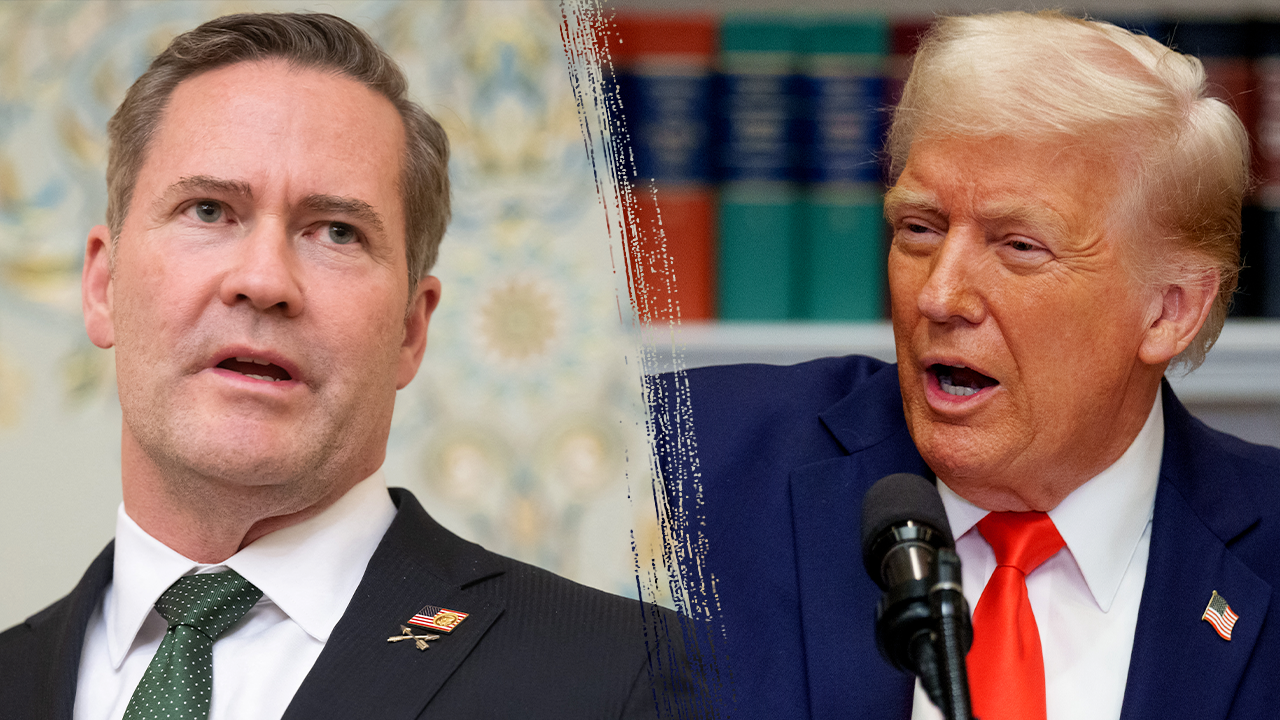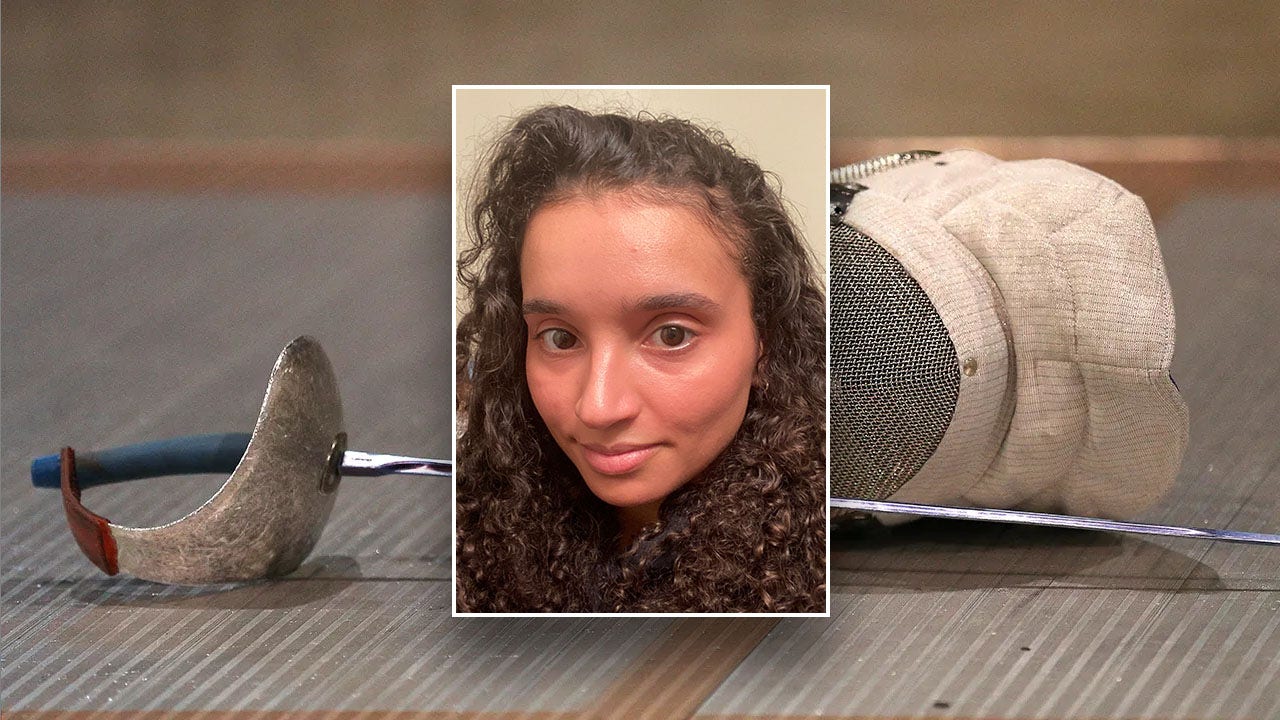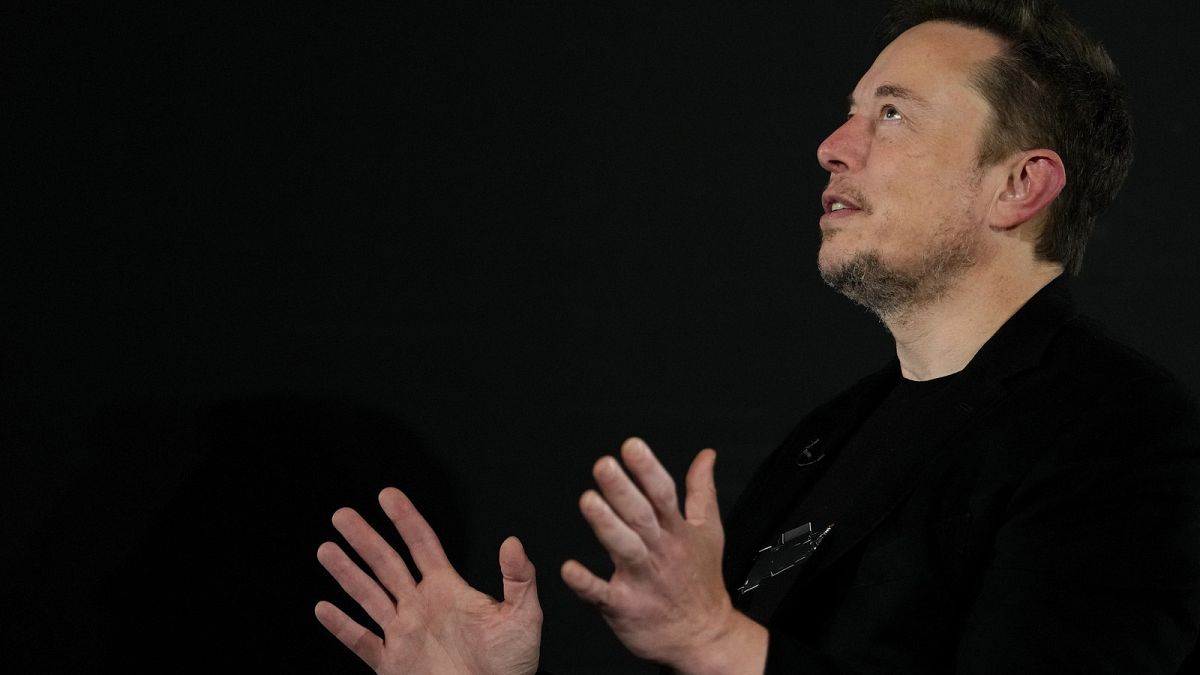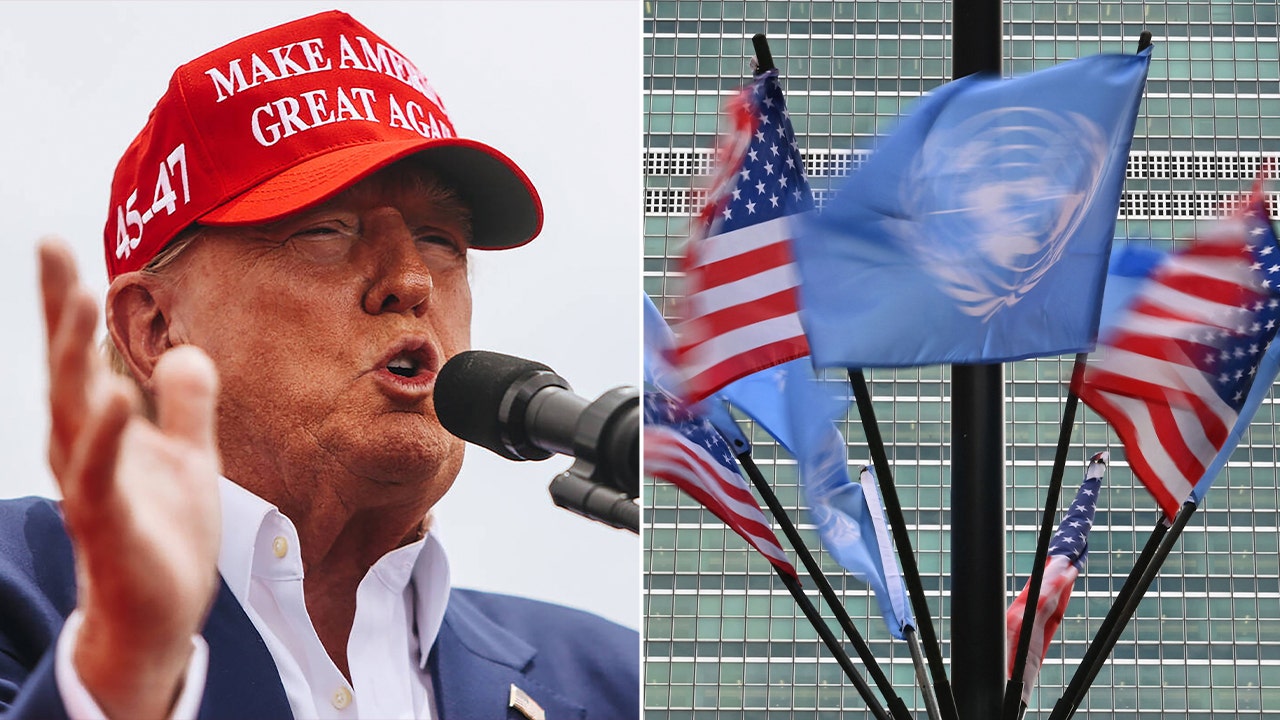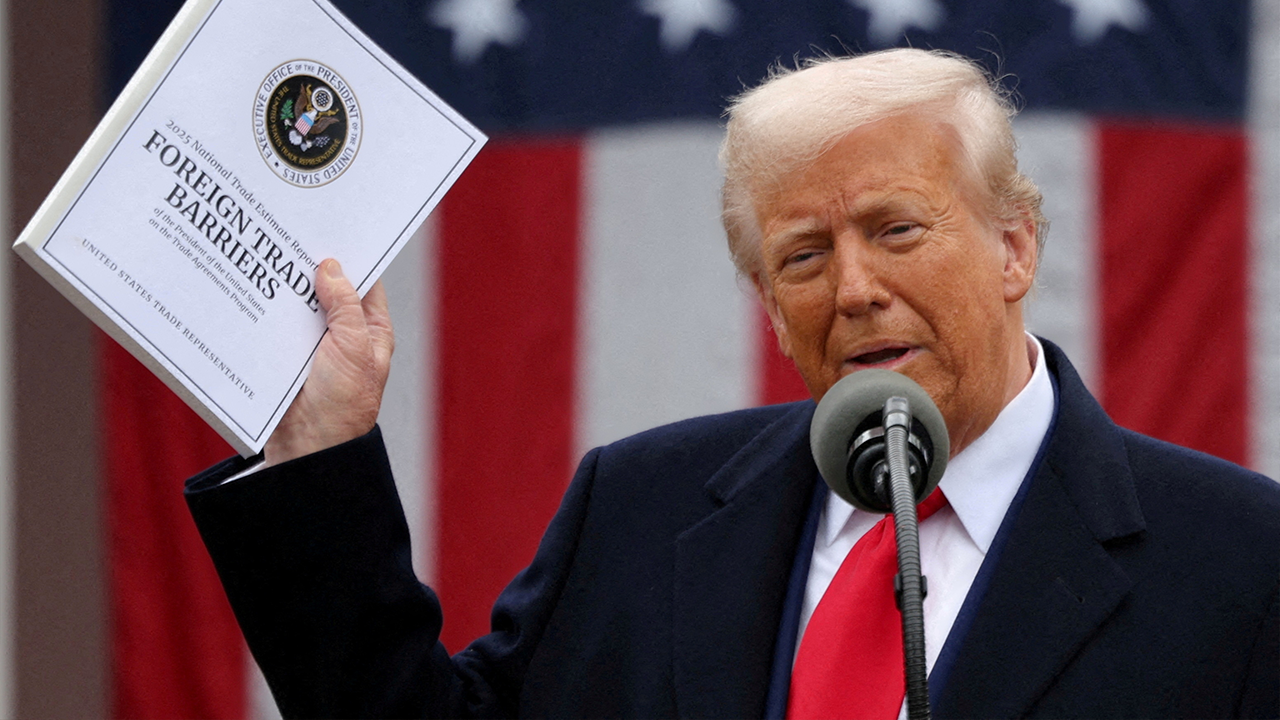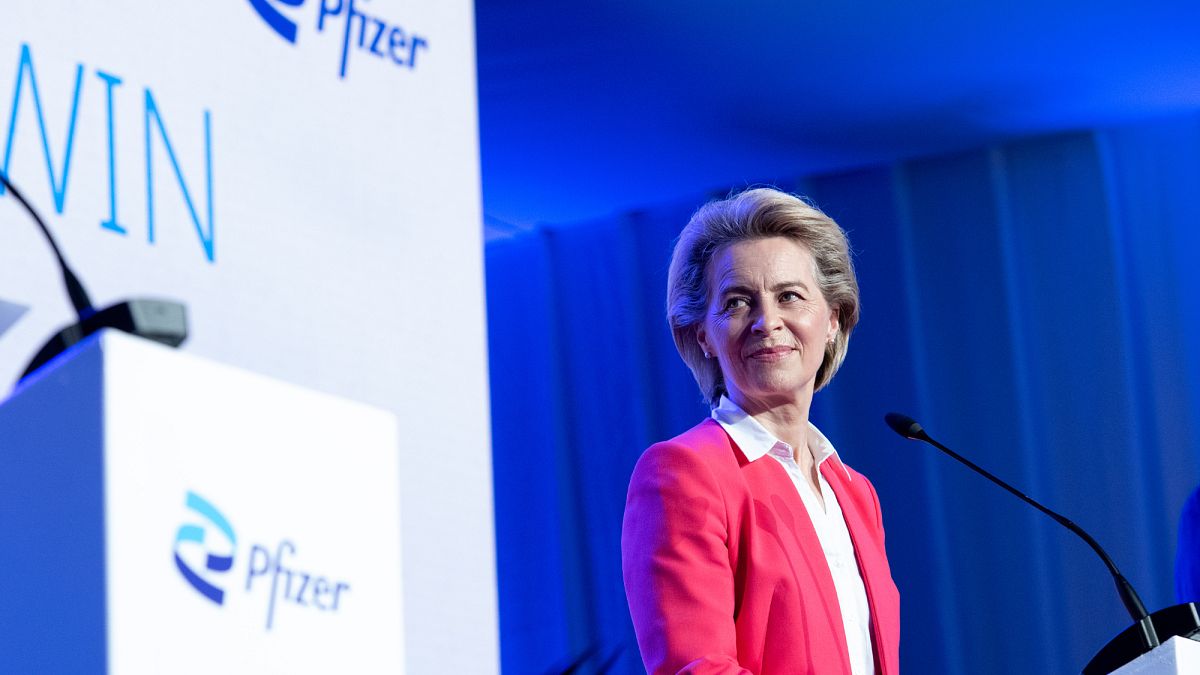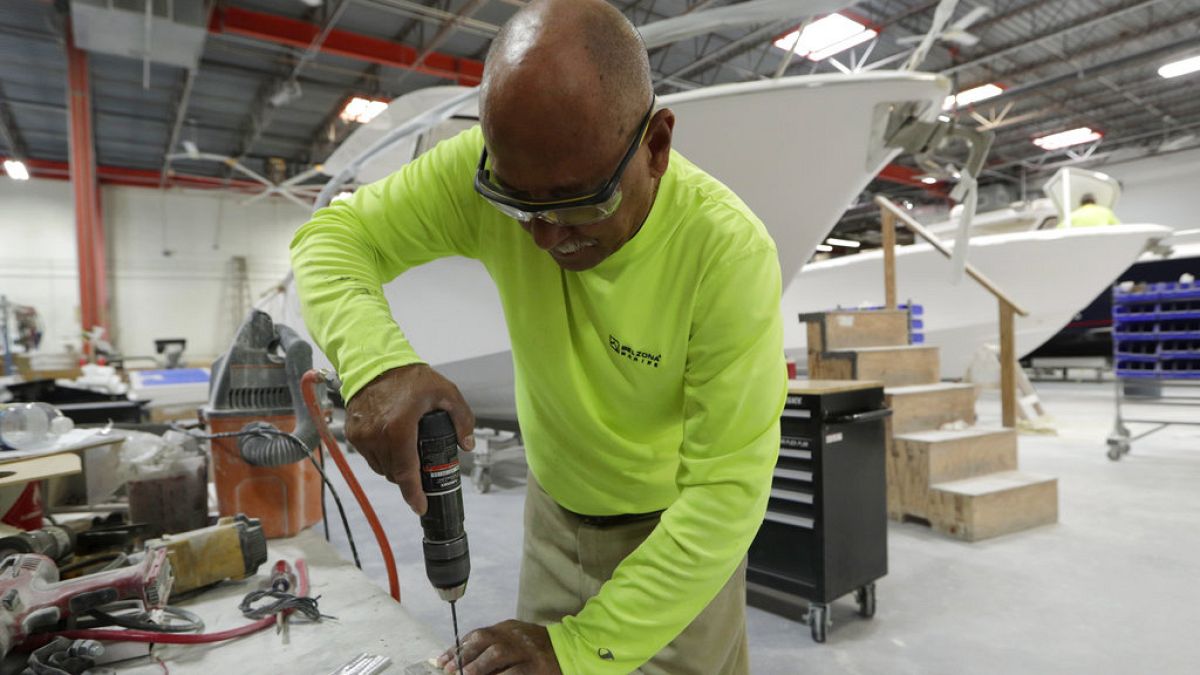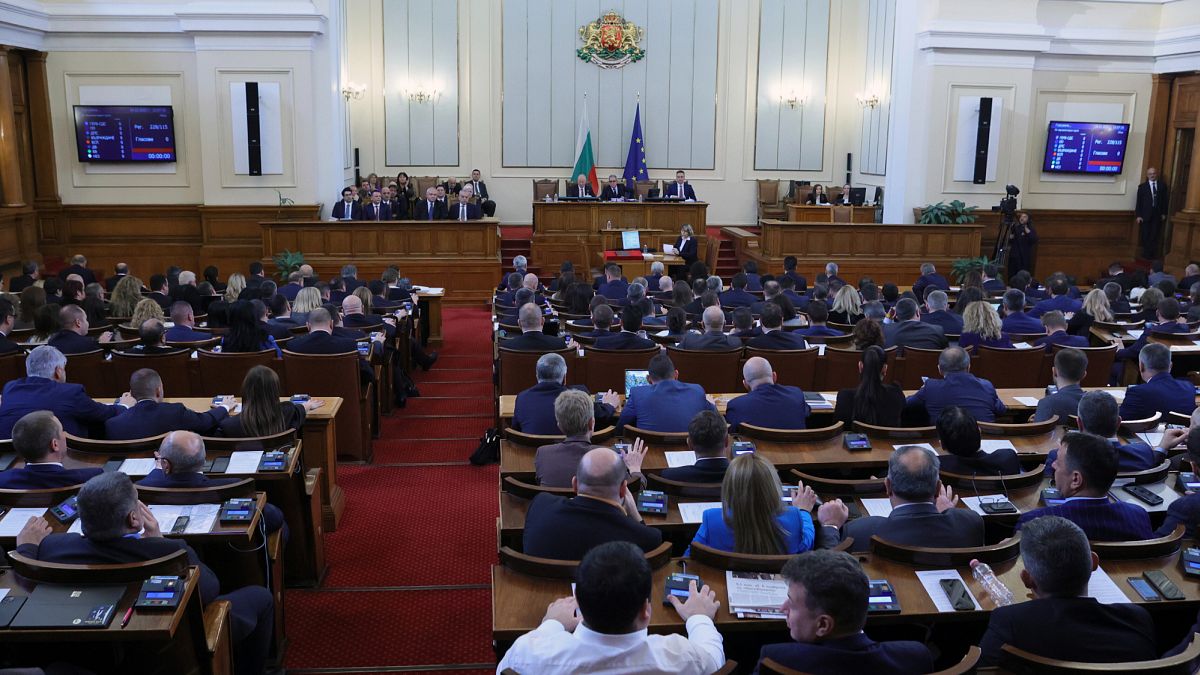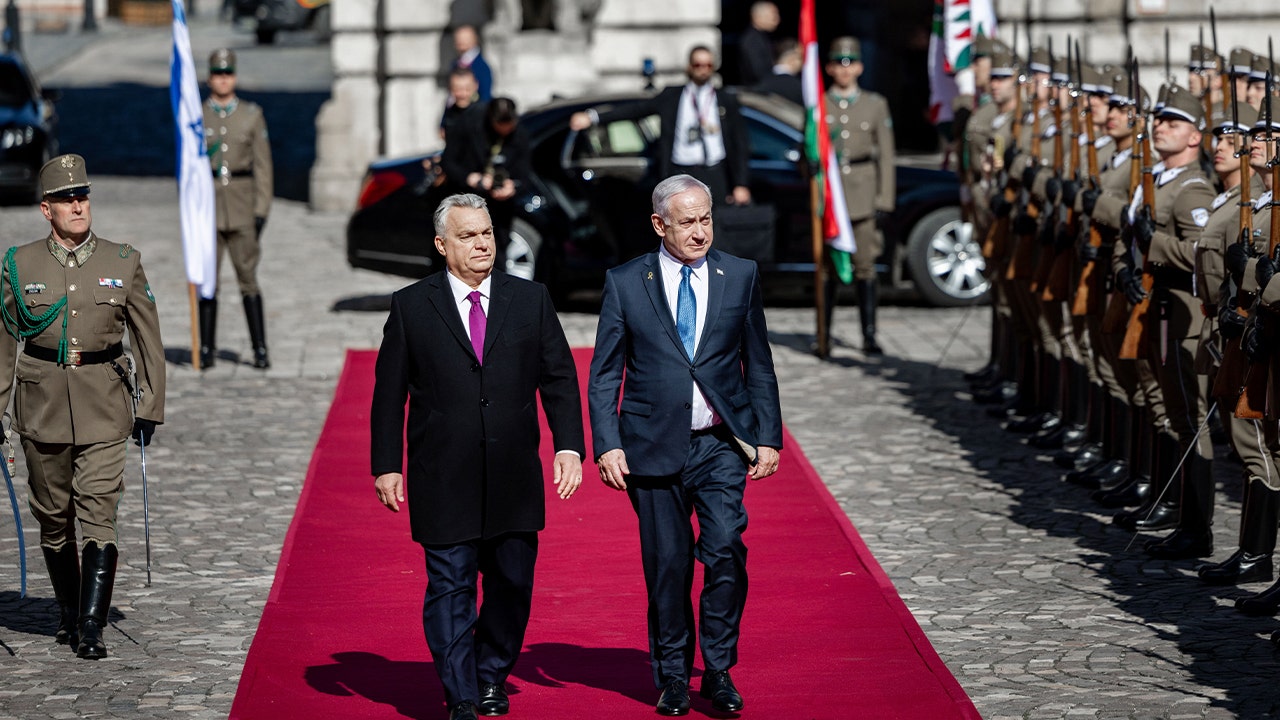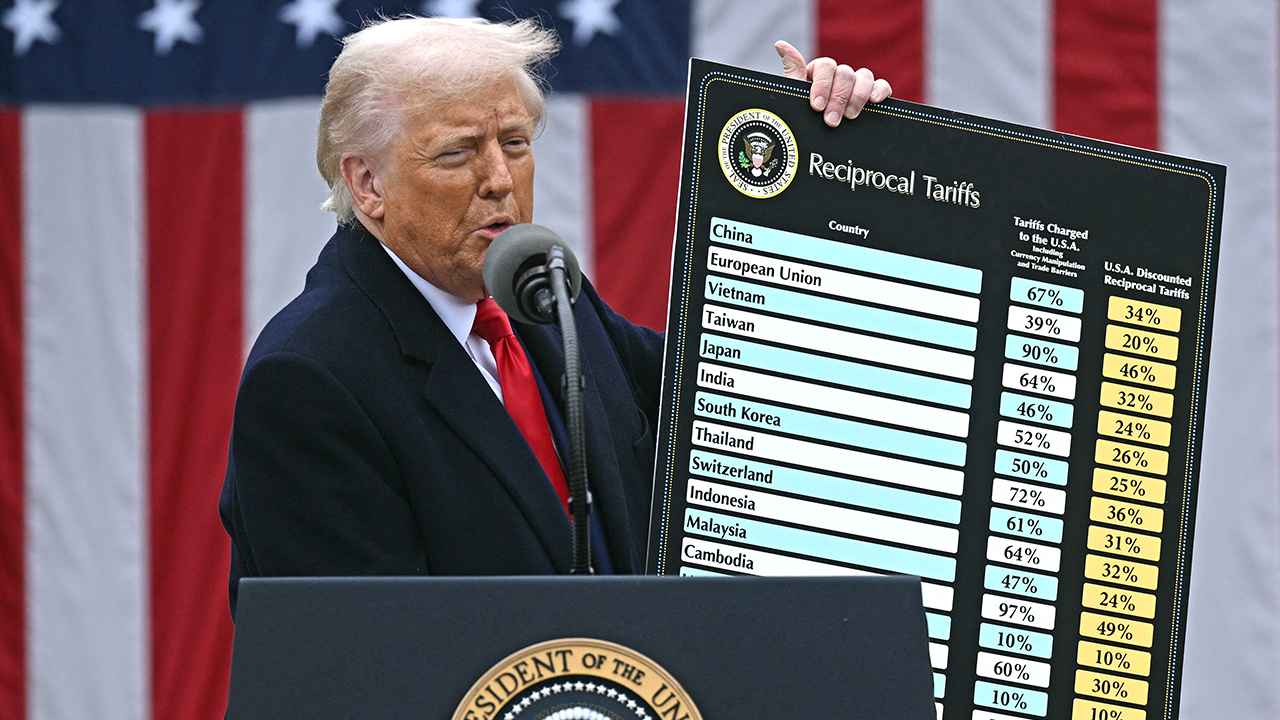Euroverify breaks down what we know about the EU’s response to the tech billionaire’s intrusion into European politics.
The leader of France’s National Rally, Jordan Bardella, has claimed European Union officials want to ban X, formerly Twitter, over fears its owner Elon Musk is manipulating the platform for political gain.
In a video posted on his X account, Bardella — who also chairs one of the European Parliament’s hard-right groups — said: “Many European officials (…) are calling for a ban on the digital platform X, previously Twitter, claiming its owner, Elon Musk, is using it to promote certain values, opinions or candidates for elections.”
Tech billionaire and Trump ally Elon Musk has sparked controversy in recent weeks after wading into Europe’s domestic politics, including endorsing the far-right Alternative for Germany (AfD) ahead of Germany’s federal elections on 23 February.
Bardella and other hard-right voices, such as Italy’s Prime Minister Giorgia Meloni, have dismissed concerns Musk’s interference could amount to undue influence and heaped praise on the X owner as a defender of free speech.
But other European leaders, such as Germany’s Scholz, France’s Macron and Spain’s Sánchez have warned Musk against interfering, while Belgian caretaker Prime Minister Alexander de Croo has urged the European Commission to “take action” against X.
Euroverify fact-checked Bardella’s claims, and found no evidence that the EU executive is considering a ban on the platform, despite that option existing as a last resort under its digital rulebook.
What has the EU executive said in response to Musk’s meddling?
Musk’s use of X to promote AfD ahead of the German ballot has prompted speculation that his actions could be in breach of the EU’s Digital Services Act (DSA), a sweeping digital rulebook designed to rein in the power of online platforms.
Under the DSA, platforms with more than 45 million monthly users in the EU, such as X, must comply with a raft of stringent rules designed to keep users safe and curb the spread of illegal, harmful content.
The EU started probing X in December 2023 over suspected breaches of its obligations under the DSA. That investigation continues.
A 70-minute live chat held on X last week between Musk and the AfD’s chancellor candidate, Alice Weidel, is not in itself considered illegal under the DSA but will be assessed as part of the ongoing probe, a Commission spokesperson confirmed.
“Nothing in the DSA prohibits such a livestream. What we want, however, is that the owner of the platform (..) makes sure that the platform is not misused or (is) giving a preferential treatment to certain types of content or increased visibility to just one type of content,” the spokesperson explained.
The DSA obliges platforms to reduce “biases” in the algorithms that recommend content to users. X and Musk’s pivotal role in Donald Trump’s presidential campaign last year have raised questions about the neutrality of the platform’s recommender systems.
A study by Queensland University of Technology (QUT) found that Musk may have tweaked the platform’s algorithm to boost pro-Trump content, including his own, ahead of November’s US presidential ballot.
No evidence has yet emerged to suggest similar manipulations are being used to promote political content in Europe.
Could X or other platforms be banned in the EU?
If X or another very large online platform were to be found in serious breach of the DSA, the European Commission could slap a fine of up to 6% of the platform’s global turnover. It has not enacted such a fine on any platform to date.
“Rogue” platforms that completely refuse to comply with their obligations in a way that “endangers people’s life and safety” could also face a temporary suspension, according to the DSA’s provisions.
In the run-up to her re-election as European Commission president last year, Ursula von der Leyen refused to rule out a potential ban on TikTok, the Chinese-owned video platform, under the DSA.
“It is not excluded,” von der Leyen said last July when asked if her next executive could ban the platform. “We know exactly the dangers of TikTok.”
But Euroverify has found no public statement suggesting EU officials are explicitly calling for a similar ban on X.
In his video statement, Bardella suggests France’s foreign minister, Jean-Noël Barrot, wants such a ban.
Pressed on whether X should be banned in the EU, Barrot told France Inter said: “It’s provided for in our laws,” adding that if Brussels does not rigorously apply its laws, it should allow EU member states to do so.
Former EU commissioner Thierry Breton, who stepped down from his duties last September and no longer has influence over the EU executive’s decisions, has called for the DSA to be applied with full force.
“There is a law, which makes a ban possible, let’s respect it,” Breton told French media RMC last week.
Why did Bardella suggest the EU could cancel the German election?
Bardella also misleadingly claims that Breton “openly acknowledged” that the EU had “cancelled elections in Romania for fear of a victory for a ‘surprise’ candidate.”
The second round of Romania’s presidential ballot was cancelled in December after declassified intelligence claimed a state actor, presumably Russia, was behind the successful campaign of little-known ultra-nationalist Calin Georgescu, who swept to a surprise victory in the first round.
That decision, however, wasn’t taken by the European Union but rather the country’s own Constitutional Court. Brussels has opened an investigation to determine whether TikTok violated the DSA by not adequately mitigating risks linked to the integrity of the ballot.
“Thierry Breton also claims that the European Union could cancel the upcoming elections in Germany due to, and I quote, Elon Musk’s ‘interference’,” Bardella adds.
In his recent interview with RMC, Breton misleadingly says: “We’ve done it in Romania, and it will clearly have to be done, if necessary, in Germany,” despite the EU having no role in the suspension of the Romanian elections.
Breton no longer serves in the Brussels executive, despite having spearheaded the DSA during his five-year tenure as Commissioner.
But his comments have been interpreted by some right-wing media to suggest the EU could “suppress” an AfD victory in Germany.
Read the full article here


